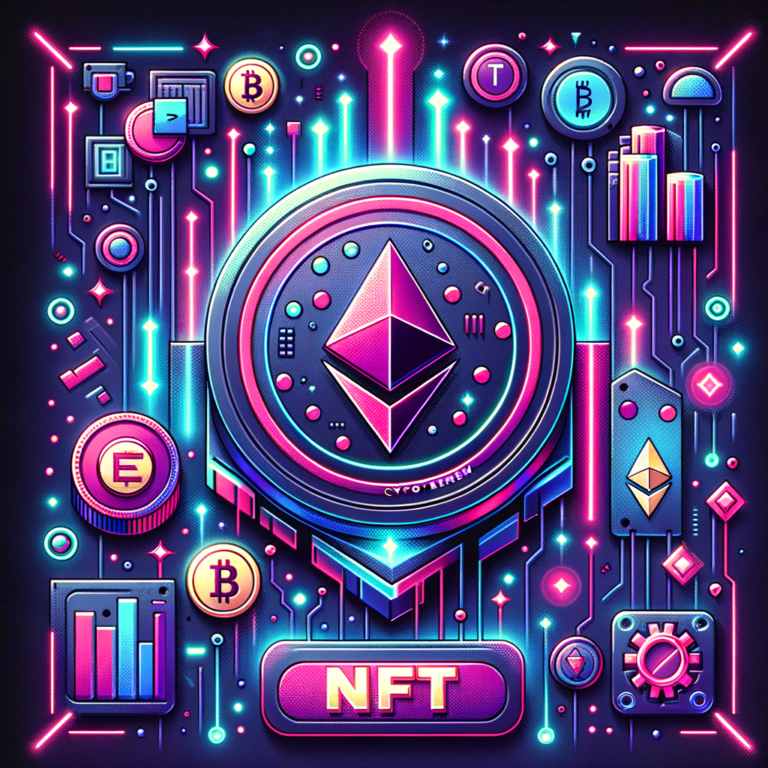Explore Top Benefits of Blockchain in Gaming Now!
The integration of blockchain technology into the gaming industry marks a revolutionary shift, promising to enhance the way games are developed, played, and monetized. This technology, best known for its role in cryptocurrencies, offers a range of advantages that could redefine gaming experiences and economies. This article explores the top benefits of blockchain in gaming, providing insights into how this technology is shaping the future of the industry.
Introduction to Blockchain in Gaming
Blockchain technology in gaming introduces a decentralized framework that shifts control from central authorities to players. This technology stores data across a network of computers, making it transparent and immutable. In gaming, this means that every transaction or action can be securely recorded and verified by all participants. Blockchain’s application ranges from managing digital assets to creating more secure and engaging gaming environments. The decentralization not only ensures security but also opens up new avenues for player interaction and content creation.
Key Benefits of Blockchain Technology
Blockchain offers several key benefits in gaming, including enhanced security, transparency, and decentralization. The immutable nature of blockchain ensures that game data and transactions cannot be altered once recorded, providing a trustworthy environment. This technology also facilitates reduced transaction costs and faster transaction speeds compared to traditional online payment systems. Moreover, blockchain enables developers to create more complex economic systems within games, which can lead to richer and more immersive gaming experiences.
Enhancing Security and Trust in Games
The implementation of blockchain significantly bolsters security and trust in gaming ecosystems. By using cryptographic techniques, blockchain ensures that all transactions and data exchanges are secure from tampering and fraud. This heightened security is crucial in online games where players invest significant time and resources. Furthermore, the transparency provided by blockchain allows players to verify the fairness of game mechanics, fostering a more trustworthy environment where players feel confident that they are in a fair competitive space.
Enabling True Ownership of Digital Assets
One of the most transformative aspects of blockchain in gaming is the enablement of true digital ownership. Through non-fungible tokens (NFTs), players can own unique in-game assets such as skins, characters, and even virtual land. These assets can be traded or sold on various platforms, often retaining or increasing in value over time. True ownership also means that players can transfer their assets across different games or platforms, potentially creating a more interconnected and expansive gaming universe.
Facilitating In-Game Economies and Trade
Blockchain technology facilitates the creation of intricate in-game economies that mimic real-world economic interactions. Players can earn, buy, and sell digital assets with real-world value. This not only adds a layer of realism to games but also allows players to be compensated for their in-game achievements and creativity. Additionally, blockchain enables a more efficient and secure way to handle microtransactions, reducing fees and eliminating intermediaries.
Impact on Game Development and Innovation
Blockchain is not only changing how games are played but also how they are developed. Through smart contracts, developers can automate in-game events and transactions, which can reduce development times and costs. This automation also allows for more dynamic and responsive game worlds. Moreover, blockchain enables a new form of crowd-funded game development, where developers can issue tokens to raise funds and distribute profits directly to token holders.
Challenges and Considerations in Adoption
While blockchain presents numerous opportunities for the gaming industry, its adoption comes with challenges. The primary concerns include the scalability of blockchain networks, the environmental impact of energy consumption, and the need for a regulatory framework to manage transactions and digital ownership. Additionally, there is a learning curve associated with blockchain technology, both for developers and players, which could slow down its adoption.
Future Trends: Blockchain in the Gaming World
Looking ahead, blockchain is set to play a pivotal role in the evolution of the gaming industry. We can expect to see more games built entirely on blockchain, offering completely decentralized gaming experiences. There will also be a greater emphasis on cross-platform playability and persistent gaming worlds, where players’ digital assets and progress can be retained across multiple games. Furthermore, as blockchain technology matures, its integration with other emerging technologies like virtual reality could lead to unprecedented gaming experiences.
Conclusion: The Road Ahead for Blockchain
The journey of blockchain in the gaming industry is just beginning, and its full potential is yet to be realized. As the technology advances and overcomes existing hurdles, it promises to deliver more immersive, secure, and player-centric gaming experiences. The road ahead will require collaboration between technologists, developers, players, and regulators, but the ultimate payoff could redefine the very fabric of how games are played and valued. Blockchain in gaming is not just a trend; it’s the foundation of a major industry transformation.
As blockchain continues to weave its way into the gaming sector, its impact grows increasingly significant. This revolutionary technology offers a glimpse into a future where games are not just a form of entertainment but also a platform for secure, profitable, and equitable economic interaction. Embracing blockchain could very well be the key to unlocking a new era of gaming innovation.

